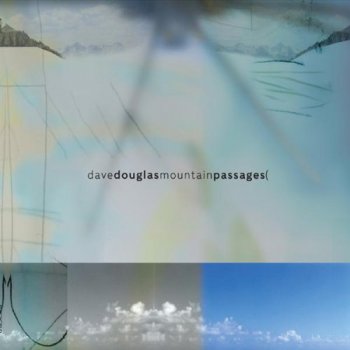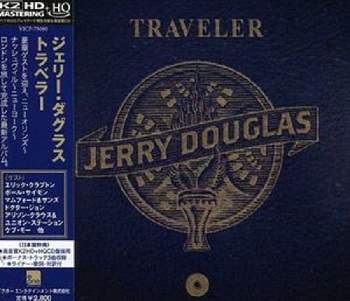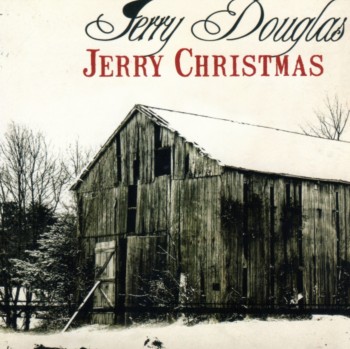Pink Floyd – Pink Floyd At Pompeii MCMLXXII (2025 Mix) 2CD
Artist: Pink Floyd Title Of Album: Pink Floyd At Pompeii MCMLXXII Year Of Release: 1971/2025 Label (Catalog#) :Columbia/ Sony Music [ 198022876242] Country:: UK Genre: Prog Rock, Space Rock Quality: Flac (*image + .cue,log) Bitrate: Lossless Time: 64:26+18:56 Full Size: 492Mb(+3%)(covers) Info: progarchives Upload: xfile.cloud
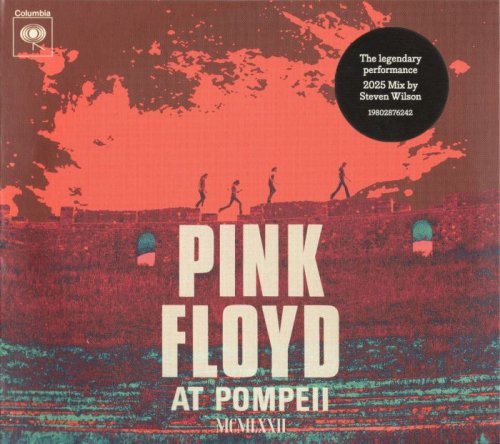
Pink Floyd – Pink Floyd At Pompeii MCMLXXII (2025 Mix) 2CD
Artist: Pink Floyd Title Of Album: Pink Floyd At Pompeii MCMLXXII Year Of Release: 1971/2025 Label (Catalog#) :Columbia/ Sony Music [ 198022876242] Country:: UK Genre: Prog Rock, Space Rock Quality: Flac (*image + .cue,log) Bitrate: Lossless Time: 64:26+18:56 Full Size: 492Mb(+3%)(covers) Info: progarchives Upload: xfile.cloud
20 10, 2025
Marillion: 1985 Misplaced Childhood - 5-Disc Box Parlophone Records 2017
Lossless Galaxy Release Marillion: 1985 Misplaced Childhood 5-Disc Box Parlophone Records 2017 Performer: Marillion Box Set / Album: 1985 Misplaced Childhood (4CD + Blu-ray Box Parlophone Records 2017) Info: Parlophone Records / Warner Music CD / Blu-ray / Deluxe Limited Edition Catalog Box: 0190295866884 Catalog Discs: Made in EU Dynamic Range: CDs: 10 / 9 / 9 / 10 HiRes: 12 / 10 / 10 / 10 Genre / Style: Rock / Progressive Rock Released Year: 1985/2017 Format: CD: FLAC / Level 8 (img + *cue /
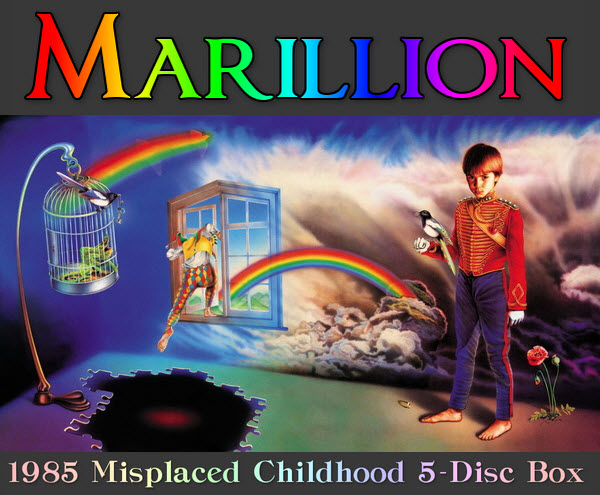
Marillion: 1985 Misplaced Childhood - 5-Disc Box Parlophone Records 2017
Lossless Galaxy Release Marillion: 1985 Misplaced Childhood 5-Disc Box Parlophone Records 2017 Performer: Marillion Box Set / Album: 1985 Misplaced Childhood (4CD + Blu-ray Box Parlophone Records 2017) Info: Parlophone Records / Warner Music CD / Blu-ray / Deluxe Limited Edition Catalog Box: 0190295866884 Catalog Discs: Made in EU Dynamic Range: CDs: 10 / 9 / 9 / 10 HiRes: 12 / 10 / 10 / 10 Genre / Style: Rock / Progressive Rock Released Year: 1985/2017 Format: CD: FLAC / Level 8 (img + *cue /
20 10, 2025
Coroner - Dissonance Theory 2025
Исполнитель: Coroner Альбом: Dissonance Theory Жанр: Technical Thrash Metal Год: 2025 Страна: Switzerland (Zürich) Лейбл: Century Media Формат: FLAC (tracks) Official DR value: DR6 Разрядность: 24bit / 48kHz Stereo Размер: 615 MB Инфо: bandcamp Залито на: XFile (3% восстановление) «Exclusive for Lossless-Galaxy» After more than three decades finally new music by Swiss pioneering technical Metallers CORONER. “Dissonance Theory” contains 10 new songs across 47 minutes, recorded by Tommy Vetterli
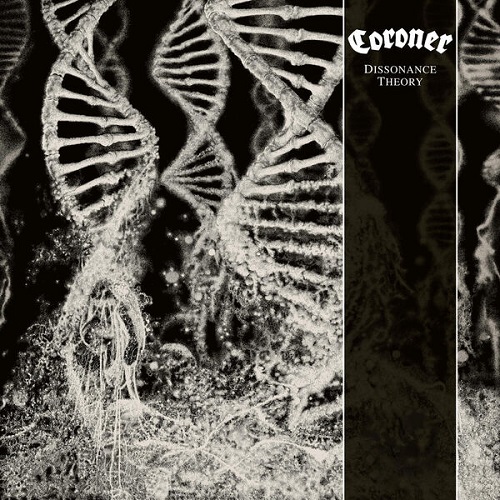
Coroner - Dissonance Theory 2025
Исполнитель: Coroner Альбом: Dissonance Theory Жанр: Technical Thrash Metal Год: 2025 Страна: Switzerland (Zürich) Лейбл: Century Media Формат: FLAC (tracks) Official DR value: DR6 Разрядность: 24bit / 48kHz Stereo Размер: 615 MB Инфо: bandcamp Залито на: XFile (3% восстановление) «Exclusive for Lossless-Galaxy» After more than three decades finally new music by Swiss pioneering technical Metallers CORONER. “Dissonance Theory” contains 10 new songs across 47 minutes, recorded by Tommy Vetterli
20 10, 2025
Жанры
Lossless Galaxy Release
Русская музыка
--Поп
--Рок
--Панк
--Альтернатива
--Металл
--Рэп, Хип-Хоп, R'n'B
--Джаз и Блюз
--Фолк
--Шансон, Авторская песня
--СССР
Зарубежная музыка
--Pop
--Rock
--Hard Rock
--Progressive & Art-Rock
--Pop-Rock & Soft Rock
--Instrumental Rock
--Heavy, Traditional, Industrial Metal
--Power, Gothic, Sympho Metal
--Thrash, Speed, Groove, Modern Metal
--Death, Melodic Death, Doom, Dark Metal
--Black, Pagan, Folk, Viking Metal
--Alternative
--Punk
--Disco, Eurodance
--Rap, Hip Hop, R'n'B
--Reggae, Ska, Dub
--Jazz, Blues, Soul
--Folk, Country, Ethnic
--Electronic, Ambient, New Wave
--House, Techno, Trance
Другие жанры
--New Age, Relax, Meditative & Flamenco
--Chillout, Lounge, Downtempo, Trip-Hop
--Drum & Bass, Jungle, Breakbeat, IDM
--Classical / Классическая музыка
--Soundtrack
--Музыкальные сказки
Vinyl Rip
HI-Res / DVD-Audio / DTS
--SACD
--DSD
--DVD-Audio
Сборники Lossless-Galaxy
Альбомы 2022
Альбомы 2023
Альбомы 2024
Теги
1st Press 2022 2023 2024 2025 70... AOR Black Metal Blues Blues Rock Bootleg Series Classic Rock Death Metal Discography Exclusive for Lossless-Galaxy Folk Rock Fusion Hard Rock Heavy Metal Hi-Res Japanese Edition Jazz Jazz Rock lossless Melodic Death Metal Melodic Rock Modern Electric Blues Pop Pop Rock Power Metal Prog Rock Progressive Metal Progressive Rock Psych Rock Psychedelic Rock Rock SACD Symphonic Metal Thrash Metal Дискографии от KoGGaN
Архивы
Опрос
В каком формате хотели бы видеть релизы на сайте ?
 Автор: artmuss, 24 ноября 2016, Комментариев: 0, Просмотров: 721
Автор: artmuss, 24 ноября 2016, Комментариев: 0, Просмотров: 721Dave Douglas & Keystone - Moonshine (2008)
Artist: Dave Douglas & Keystone
Title Of Album: Moonshine
Year Of Release: 2008
Label (Catalog#): Greenleaf Music [GRE-06]
Country: United States
Genre: Jazz, Modern Creative, Fusion, Contemporary Jazz
Quality: FLAC (tracks)
Bitrate: Lossless
Time: 56:34
Full Size: 350 mb
Upload: Turbobit / DepFile / HitFile
Title Of Album: Moonshine
Year Of Release: 2008
Label (Catalog#): Greenleaf Music [GRE-06]
Country: United States
Genre: Jazz, Modern Creative, Fusion, Contemporary Jazz
Quality: FLAC (tracks)
Bitrate: Lossless
Time: 56:34
Full Size: 350 mb
Upload: Turbobit / DepFile / HitFile
TRACKLIST:
1 Dog Star 5:01
2 Moonshine 7:30
3 Married Life 9:43
4 Silent Stars 8:39
5 Scopes 2:39
6 Food Plane 7:42
7 Kitten 4:23
8 Tough 10:5
Personnel: Dave Douglas: trumpet; Marcus Strickland: saxophones; Adam Benjamin: Fender Rhodes; Brad Jones: bass; Gene Lake: drums; DJ Olive: turntables.
:: DOWNLOAD LINKS :: СКАЧАТЬ ::
Внимание! У Вас нет прав для просмотра скрытого текста.
Изменил: artmuss по причине: Re-Up
Похожие новости:
Комментарии отсутствуют
Добавить комментарий!
Информация
Посетители, находящиеся в группе Гости, не могут оставлять комментарии к данной публикации.
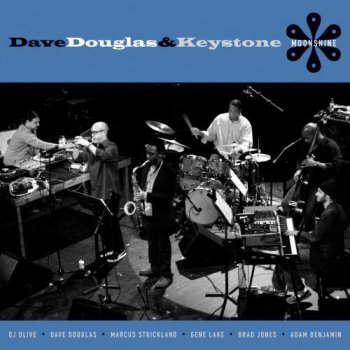

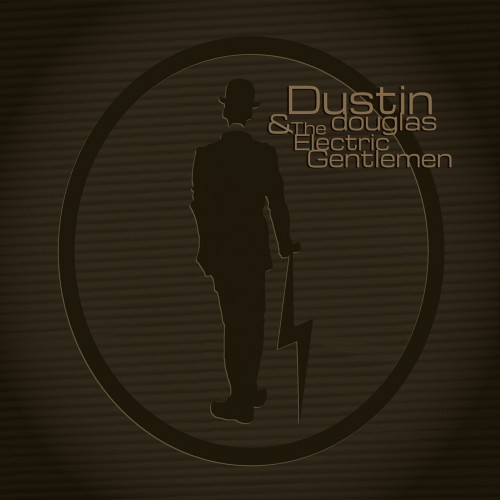
![Carol Douglas - The Carol Douglas Album [Reissue] (1995)](/uploads/posts/2015-04/1429714896_3carol-douglas-the-carol-douglas-album-1995.jpg)
